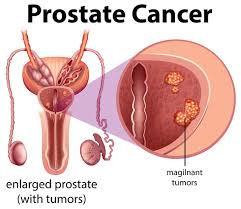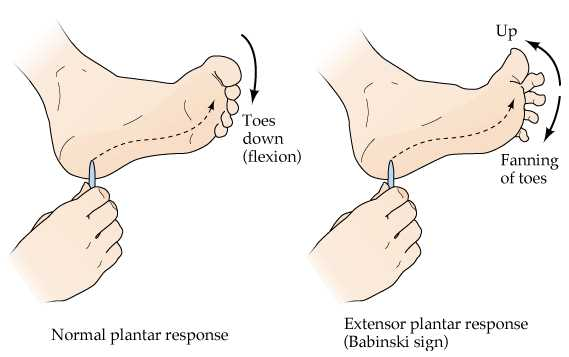A nurse is caring for a client who has prostate cancer and has undergone a prostatectomy. Which of the following should the nurse understand as a potential complication of prostate surgery?
Testicular torsion
Erectile dysfunction
Cystitis
Paralytic ileus
The Correct Answer is B
Choice A reason:
Testicular torsion is a condition where the spermatic cord becomes twisted, cutting off the blood supply to the testicle. It is not a typical complication following a prostatectomy. Testicular torsion is generally an acute condition that affects younger males and is unrelated to prostate surgery.
Choice B reason:
Erectile dysfunction (ED) is a common complication after prostatectomy. The surgery can damage the nerves and blood vessels that control erections, leading to ED. While nerve-sparing techniques aim to reduce this risk, some degree of erectile dysfunction is still possible after the procedure.
Choice C reason:
Cystitis, which is inflammation of the bladder, can occur after a prostatectomy due to the use of a catheter or as a result of the surgery itself. However, it is not as common or as significant a long-term complication as erectile dysfunction.
Choice D reason:
Paralytic ileus, a temporary cessation of bowel movements, can occur after any abdominal surgery due to the manipulation of the intestines or as a side effect of anesthesia. While it can be a complication of prostatectomy, it is typically resolved within a few days to weeks after surgery.

Nursing Test Bank
Naxlex Comprehensive Predictor Exams
Related Questions
Correct Answer is C
Explanation
Unilateral swelling on the posterior of the vulva is not a typical symptom of endometrial cancer. While swelling can occur in the genital area due to various conditions, it is not specifically associated with endometrial cancer.
Choice B reason:
Extreme abdominal pain with intercourse, also known as dyspareunia, can be a symptom of many different conditions, including endometriosis and pelvic inflammatory disease, but it is not commonly associated with endometrial cancer. Endometrial cancer symptoms are more related to abnormal uterine bleeding rather than pain during intercourse.
Choice C reason:
Postmenopausal bleeding is a hallmark symptom of endometrial cancer. Any vaginal bleeding that occurs after menopause should be evaluated by a healthcare provider, as it can be an early sign of endometrial cancer.
Choice D reason:
Green, malodorous vaginal discharge can be a sign of an infection, such as bacterial vaginosis, but is not typically a symptom of endometrial cancer. While abnormal discharge can occur with endometrial cancer, it is usually bloody or watery, not green and malodorous.
Correct Answer is A
Explanation
Choice A reason:
Babinski's sign is a neurological reflex that's tested by stroking the sole of the foot. A positive Babinski's sign, which is normal in infants but abnormal in adults, is indicated by dorsiflexion of the great toe (the toe points up) while the other toes fan out. This reflex suggests dysfunction of the corticospinal tract, which may be due to various neurological conditions. In the context of a stuporous patient with an unrepaired femur fracture, a positive Babinski's sign could indicate an acute neurological change possibly related to the injury or a secondary complication such as a fat embolism syndrome, which can occur after fractures and may affect the brain.
Choice B reason:
Pronation of the arms is not associated with Babinski's sign. Pronation is a rotational movement where the hand and upper arm are turned inwards. While arm movements are part of the neurological examination, they do not constitute a response to the plantar reflex test used to elicit Babinski's sign.
Choice C reason:
Pinpoint pupils may indicate opioid overdose or damage to the pons due to various causes, but they are not a component of Babinski's sign. Pupil size and reaction to light are important in neurological assessments, but they are separate from the reflexes tested by the Babinski sign.
Choice D reason:
Jerking contractions of the head and neck are not related to Babinski's sign. These could be indicative of seizure activity or other neurological disorders but are not a response to the plantar reflex test.

Whether you are a student looking to ace your exams or a practicing nurse seeking to enhance your expertise , our nursing education contents will empower you with the confidence and competence to make a difference in the lives of patients and become a respected leader in the healthcare field.
Visit Naxlex, invest in your future and unlock endless possibilities with our unparalleled nursing education contents today
Report Wrong Answer on the Current Question
Do you disagree with the answer? If yes, what is your expected answer? Explain.
Kindly be descriptive with the issue you are facing.
